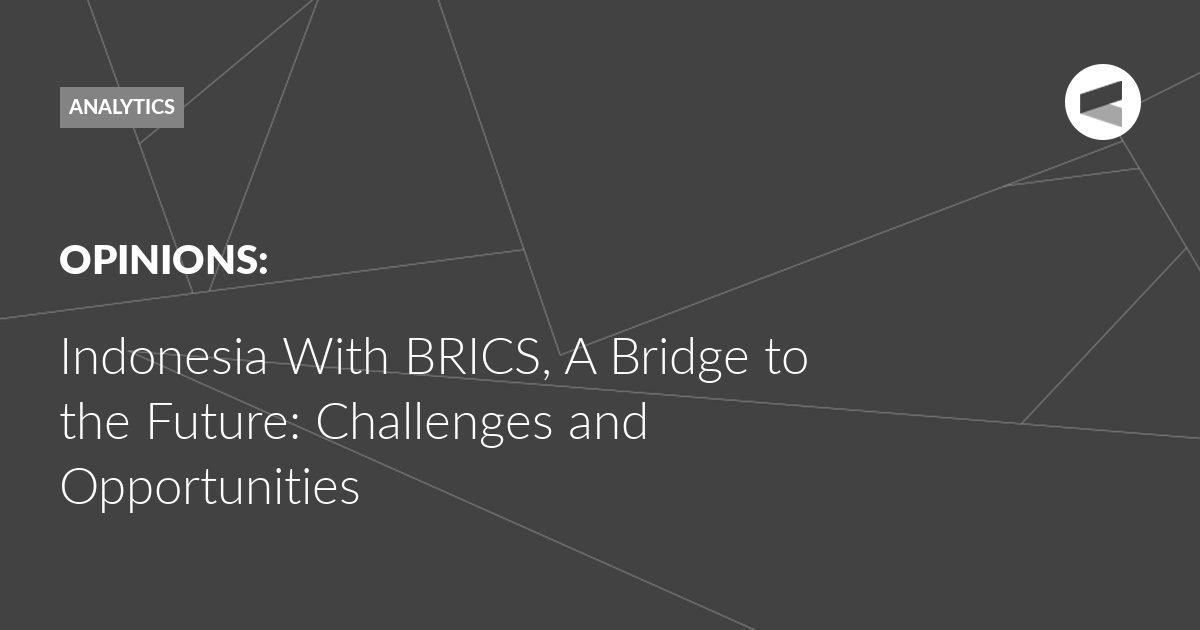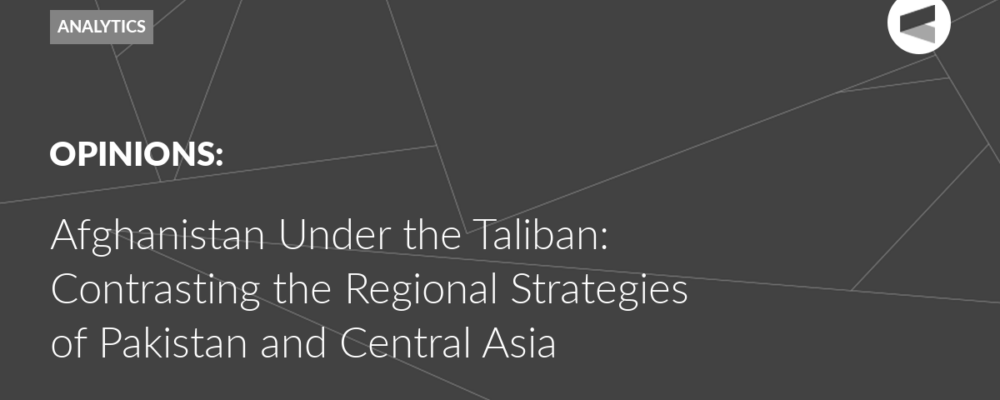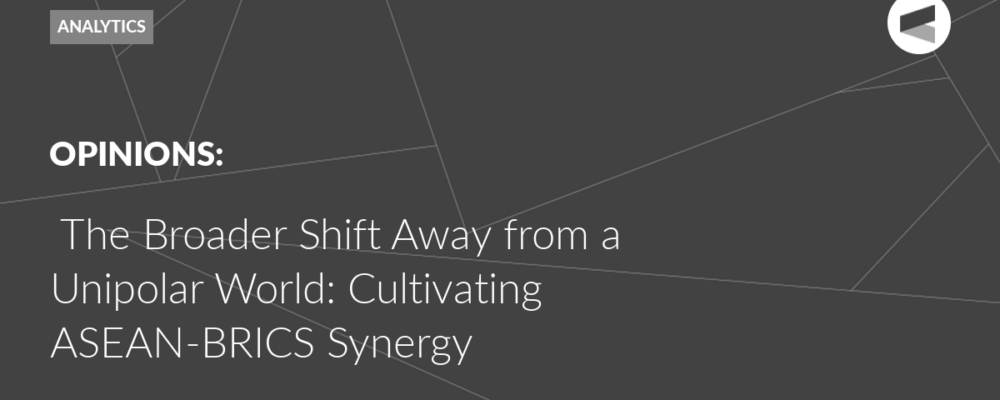Indonesia’s unique opportunity with BRICS emphasises how it can navigate the new multipolar order while preserving its non-aligned and democratic values. As Indonesia considers joining BRICS, it stands at a crossroads, where aligning with emerging powers could unlock new growth while also challenging its traditional diplomatic principles, taking public benefits and strengthening global collaboration, writes Joko Susilo, a participant in the Valdai – New Generation project.
Indonesia faces both opportunities and challenges in joining BRICS. Its participation in this group could either align with or conflict with its foreign policy and economic objectives. As Indonesia embarks on a new chapter in global relations through BRICS, it will likely experience tensions amid the collaboration and competition among countries. This dynamic is influenced by the ongoing struggle between domestic national interests and international pressures. Indonesia characterises its involvement as active participation in all international forums, reflecting its commitment to an active and independent foreign policy that aligns with its national development agenda. Ultimately, all these interests and tensions come down to pragmatism and realistic decision-making.
We know that one of the emerging and increasingly powerful alternatives to global governance is BRICS. In the coming years, the world post-2025 will see global policies and new forms of governance as the drivers. The initiation of new global institutions is also based on the inability of existing ones to resolve various multidimensional crises globally. On the other hand, polemics have emerged when the consensus of the global forum was not achieved due to the dominant power of a handful of countries and the dominance of privilege in current institutions.
Countries like Indonesia are increasingly drawn to BRICS, particularly following the government transition from President Jokowi to President Prabowo. The new administration is demonstrating a more proactive approach to foreign policy and diplomacy. This shift is highlighted by Prabowo’s inauguration speech and the strategic appointment of Sugiono, a secretary with military experience, as Minister of Foreign Affairs – usually the foreign minister is a bureaucratic career diplomat. Furthermore, Indonesia’s official announcement to join BRICS as a new partner at the 2024 summit in Russia signifies a decisive commitment. This bold move sharply contrasts with Jokowi’s two terms, which were marked by hesitation and a wait-and-see attitude. Embracing BRICS represents a significant step forward for Indonesia on the global stage.
The BRICS-Indonesia Dilemma
However, Indonesia’s attention to being involved in BRICS has prompted public polemics. We need to analyse the challenges and opportunities more comprehensively.
Indeed, Indonesia’s involvement in BRICS as a partner, or in the future as a permanent member, will create economic, political, and multidimensional risks. Economically, by aligning with BRICS, Indonesia could face a shift in trade dependencies, potentially relying more heavily on BRICS economies, some of which (like Russia and South Africa) are prone to economic volatility due to sanctions, inflation, or political unrest. This could disrupt Indonesia’s export and import stability, especially if BRICS faces collective economic setbacks. The legitimacy of BRICS is also insufficient to convince global investors to invest in the country. This differs, for example, from membership in the OECD, which reflects the legitimacy of a country in economic development terms. This will undoubtedly be an obstacle for Indonesia if it wants to pursue economic growth of 8% per year, as promised by President Prabowo. It mitigates market sentiment, investors, and major trading partners that already exist and are dominant in Indonesia, such as Singapore, Japan, and the USA.
There are concerns about how BRICS membership impacts Indonesia’s democratic image and economic stability. Several countries have implemented centralised politics and limited democratic space. This can potentially contradict Indonesia’s status as one of the four largest democratic countries in the world, with characteristics such as open general elections, a decentralised government and local autonomy.
Indonesia risks being drawn into the conflicts of some BRICS countries, either directly or indirectly, due to its membership in the bloc. This could lead to geopolitical instability and other risks. However, it’s important to note that BRICS’ support for Palestinian independence aligns with Indonesia’s foreign policy orientation, a stance that will not only gain solid public legitimacy but also reassure the international community about Indonesia’s commitment to its principles. Indonesia has not yet finished addressing our internal issues, which is why going global is such a new challenge for the country. It’s double homework that faces Indonesia. Meanwhile, Indonesia’s basic constitution mandates world peace and is oriented towards eliminating all forms of colonialism.
The Valdai Discussion Club was established in 2004. It is named after Lake Valdai, which is located close to Veliky Novgorod, where the Club’s first meeting took place.
Please visit the firm link to site






